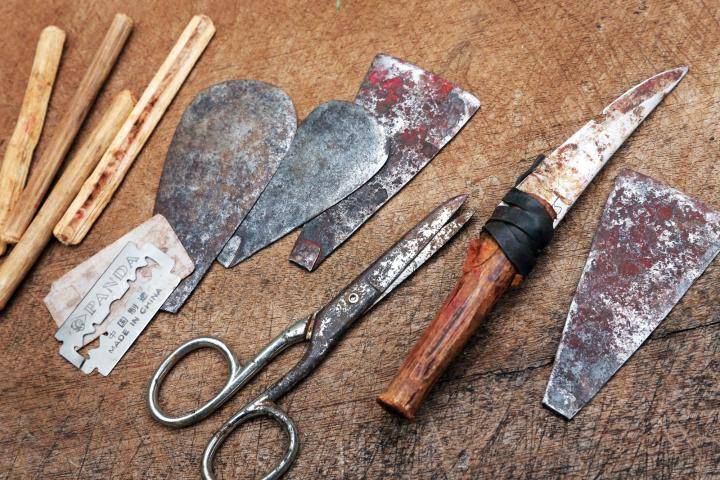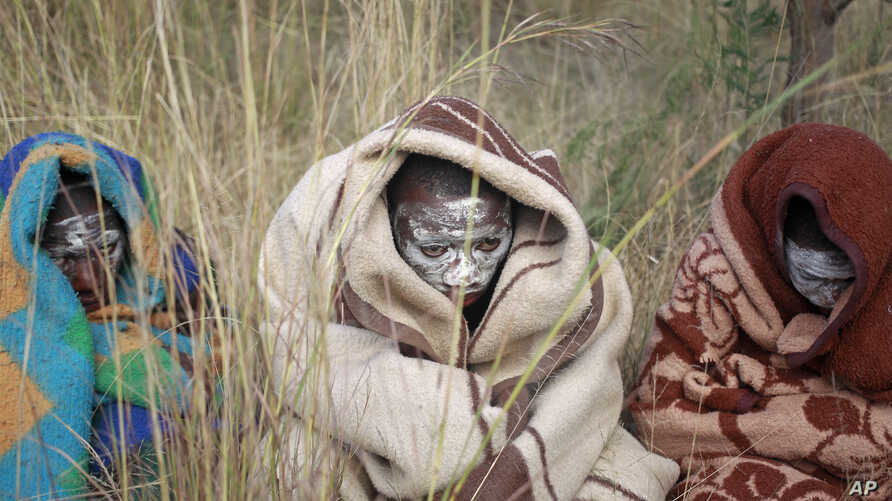KENYA. Kitui, Mwingi. Two young boys aged 5 and 7 have mysteriously lost their lives in Lundi village, Kitui after they were traditionally circumcised by a traditional circumciser who never applied anesthetics. A middle-aged woman has been arrested as the key suspect linked to their deaths.
It is believed that the parents of the deceased belong to the Kavonokia sect, a group of people who do not believe in conventional treatment. Their refusal to take the two young boys to hospital resulted in their death.
The two boys were among 15 other young boys who were circumcised on the same day.
Kenyan government does not support traditional circumcision
Speaking to Transcontinental Times, Paul Mwaniki, Senior Chief Mwingi East Sub-Location, condemned the act with the strongest terms and said that the government will take action against those found guilty. “The government does not encourage traditional circumcision, but on the contrary encourages circumcision by qualified doctors,’’ he said.
“The government will take actions against those who violate the regulations,” he added.
Photo credit:Schalk van Zuydam
According to research conducted by the African Journal of Primary Health Care and Family Medicine, traditional male circumcision has an increased risk for complications, such as sepsis, genital mutilation, gangrenous penis, excessive bleeding, death, septicemia, gangrene, permanent disability from complete or partial amputation of the glans or shaft, the formation of a skin-bridge between the penile shaft and the glans, urinary retention, ulcers, stenosis, fistulae, loss of penile sensitivity, dehydration (which may result in renal failure), sexual dysfunction, and edema of the glans penis.
Circumcision by trained and experienced people is a safe procedure that effectively reduces cancer of the penis, urinary tract infection (UTI), sexually transmitted infections (STIs) and HIV amongst males. Traditional circumcision is a cultural tradition which puts boys at risk for fatal complications.
Thirteen of the 14 (93%) developing countries in North Africa and the Middle East have high male circumcision prevalence and being Muslim is strongly associated with male circumcision. In Africa, most circumcisions are performed by traditional and unqualified practitioners in informal settings.





Comments are closed.